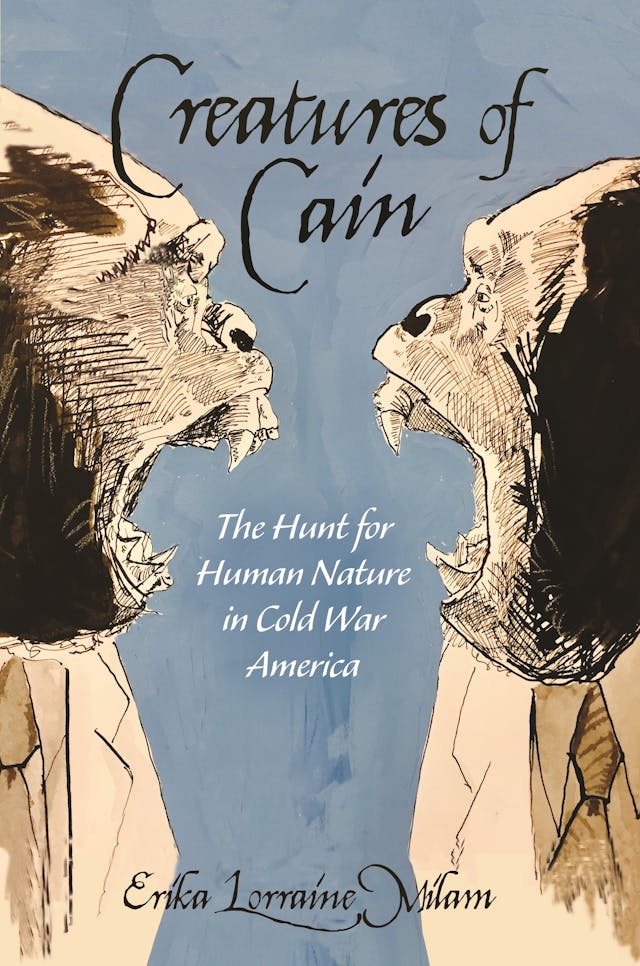
A historian, the author of author of >Creatures of Cain: The Hunt for Human Nature in Cold War America (2018), seems to think it’s okay to take shots at Darwin’s spear-carriers:
Readers and reviewers lumped Morris, Ardrey and Lorenz together as promoting a powerful new vision of humans as animals. (To be fair, each author saw different moral systems and imperatives emerging from their research, but these nuances mattered less to readers than their shared zoomorphic vision.) The view of humans as specialised animals carried implications for who among the scientists could truly judge what it meant to be human. If our ecological past determined human nature, then reconstructing the biological processes that had created humanity required a retrospective view. No longer defined by the rise of agriculture or true language, the conditions that gave rise to human nature now included our ability to avoid predators, to hunt, to kill and to survive on the dangerous open plains of the savannah. Lorenz, Ardrey and Morris shared the underlying view that aggression, violence and murder helped to shape human nature. Their work thus posed a pressing existential question: how had humans ever managed to cooperate? The answer, it seemed, would be found by scientists with expertise in animal behaviour…
Instead, Lorenz, Ardrey and Morris’s ideas found new life in the books of scientific authors seeking to once again modify the politics of human evolution for popular audiences. The sociologist Lionel Tiger wrote Men in Groups (1969) to show the naturalness of all male forms of association. He intended to put feminists on notice as to the ‘unnaturalness’ of making public and political spaces equally accessible to women. In Sociobiology (1975), the zoologist Edward O Wilson posited that biological analyses of human behaviour promised insights into humanity’s nature that had forever remained beyond the grasp of the less rigorous social sciences. In The Selfish Gene (1976), the biologist Richard Dawkins espoused the idea that human nature in the 20th century had been dictated by the success of our ancestors’ genes in replicating themselves into the present. Together, these books created a vision of human biological identity as constrained by our evolutionary past, as universally proscribed by life on the savannah. Men engaged in aggressive displays towards other men to establish their position in an unspoken but very real dominance hierarchy of their peers, and sought a variety of young, fertile mates. Women competed for male attention and hoped to find a single, stable life-partner with whom they could raise and support their children. Men were from Mars, women were from Venus.
Erika Lorraine Millam, “The hunt for human nature” at Aeon
The Twitter mob must be at lunch or something. An entire industry of bestselling Darwindrivel is disrespected and this prof still has her job?
Come to think of it, David Gelernter still has his desk too. Awful quiet out there these days. Stay tuned.